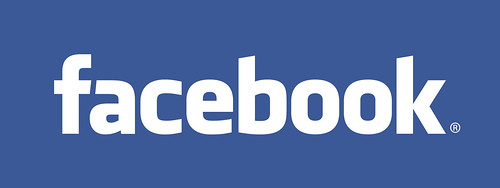On the Digitial Front
By Jeremy Johnson
If you’re into the copyright debate, the question may have crossed your mind at one point or another. If the major record labels had their way, how far would they go to allegedly “protect” their intellectual property? If you have an imagination like mine, the extremes may sound rather silly or unrealistic. While some of the wild ideas in my wild imagination may be far fetched, there are a few that may be more realistic than first expected.
Of course, I’ll have to make note that I, myself, think that the lawsuit campaign is beyond stupid and simply self destructive on the record labels part. As a matter of fact, I have made music and posted it online for free for others to download and share on P2P networks, so I actually do know what it’s like to sit down and record (or, in my case, render) music to know what it’s like.
Either way, there have been some bothersome attempts from the United States to restrict copyright further. The most recent is a file-sharing case that is now being defended by the Electronic Frontier Foundation. Sure, on the surface, a case in court about an alleged file-sharer hasn’t been anything new in the United States – particularly, at the very least, since the case against Jammie Thomas – but this case is different in a big way (and a good reason why the EFF has intervened in the first place)
The record labels allege that if a song is in a shared folder, even if it wasn’t downloaded, that would constitute a copyright infringement and they would be entitled to statutory damages. Of course, the real reason behind this whole argument is to bi-pass even having a need to investigate beyond pointing a finger at an IP address and saying ‘sue!’ if you ask me. I got this off of an EFF press release:
"This amounts to suing someone for attempted copyright infringement -- something the Copyright Act simply does not allow," said EFF Senior Staff Attorney Fred von Lohmann. "If the RIAA wants to keep bringing these suits and collecting big settlements, then they have to follow the law and prove their case. It's not enough to say the law could have been broken. The RIAA must prove it actually was broken."
I did a little bit of background checking and found that an amendment by Roberto Gonzales was tabled in 2007 which was essentially outlawing “attempted copyright infringement” I was reminded how there was other speculation which included that some file-sharing programs break files up into tiny increments like BitTorrent. With a law like that, even sitting with a partial file would land you in trouble. Yup, a quite often un-previewable waste of ones and zeros with the number of sources sitting permanently at zero would still possibly land you with a letter from your Internet Service Provider. In my mind, that’s like seeing an illegally imported weapon and suddenly you are charged with trafficking contraband because you saw the thing.
Though, equally crazy things have also happened in the US which, even in the US, it was struck down. The most notable name I can think of is the INDUCE act from 2004. Essentially, if the law did pass, then “inducing” others to commit copyright infringement would mean that you are a copyright infringer. “Say, how about we go up to your place and you can download some of them Britney Spears songs!”
Either way though, it has me wondering how far copyright lobbyists are willing to go in Canada. After all, the Canadian Recording Industry Association represents effectively the same labels as the Recording Industry Association of America. CRIA is currently trying to push for restrictive copyright laws, but claims that it has nothing to do with the DMCA, just WIPO. Ultimately, same thing, different acronym I say. When Bill C-60 arrived in 2005, it was a mirror of the DMCA minus a few details that make the DMCA look good. Back then, CRIA was all for this bill and I doubt much has changed from then and now. Really, though, it’s like saying, “I don’t want water, but I want the liquid that has two Hydrogen atoms and one oxygen atom each molecule!”
I suppose this returns me to my question, how far would the record labels go in copyright laws? The common joke online is that, if they had their way, whistling would be copyright infringement. The argument today is that there isn’t a real need to have solid evidence to convict someone (essentially speaking), what would tomorrows argument be if they got their way?




No comments:
Post a Comment